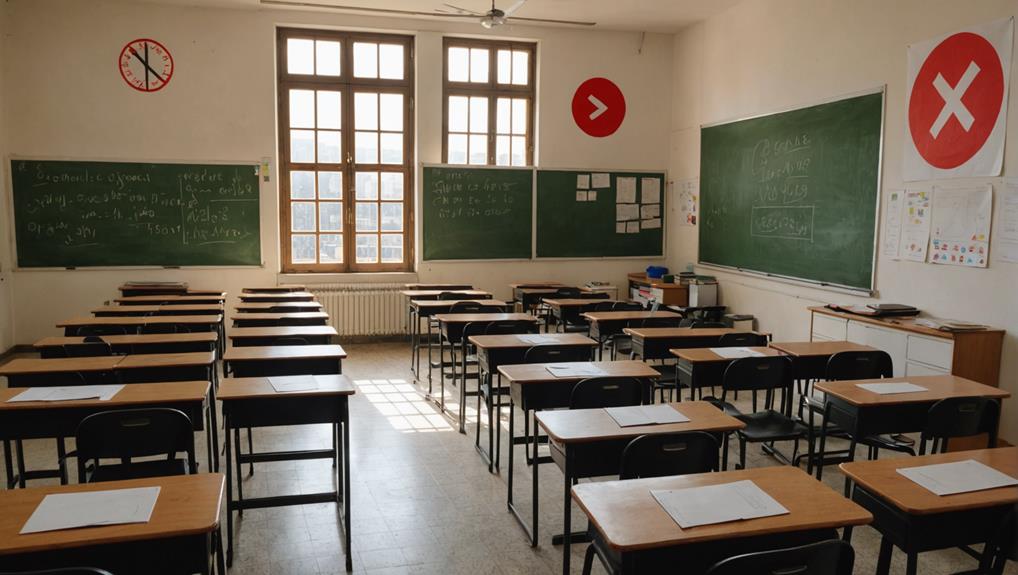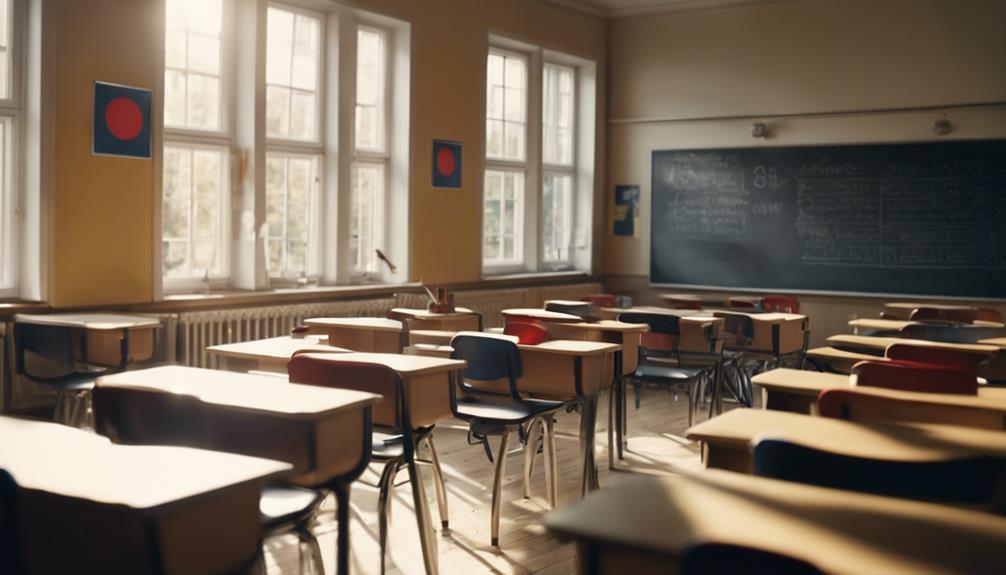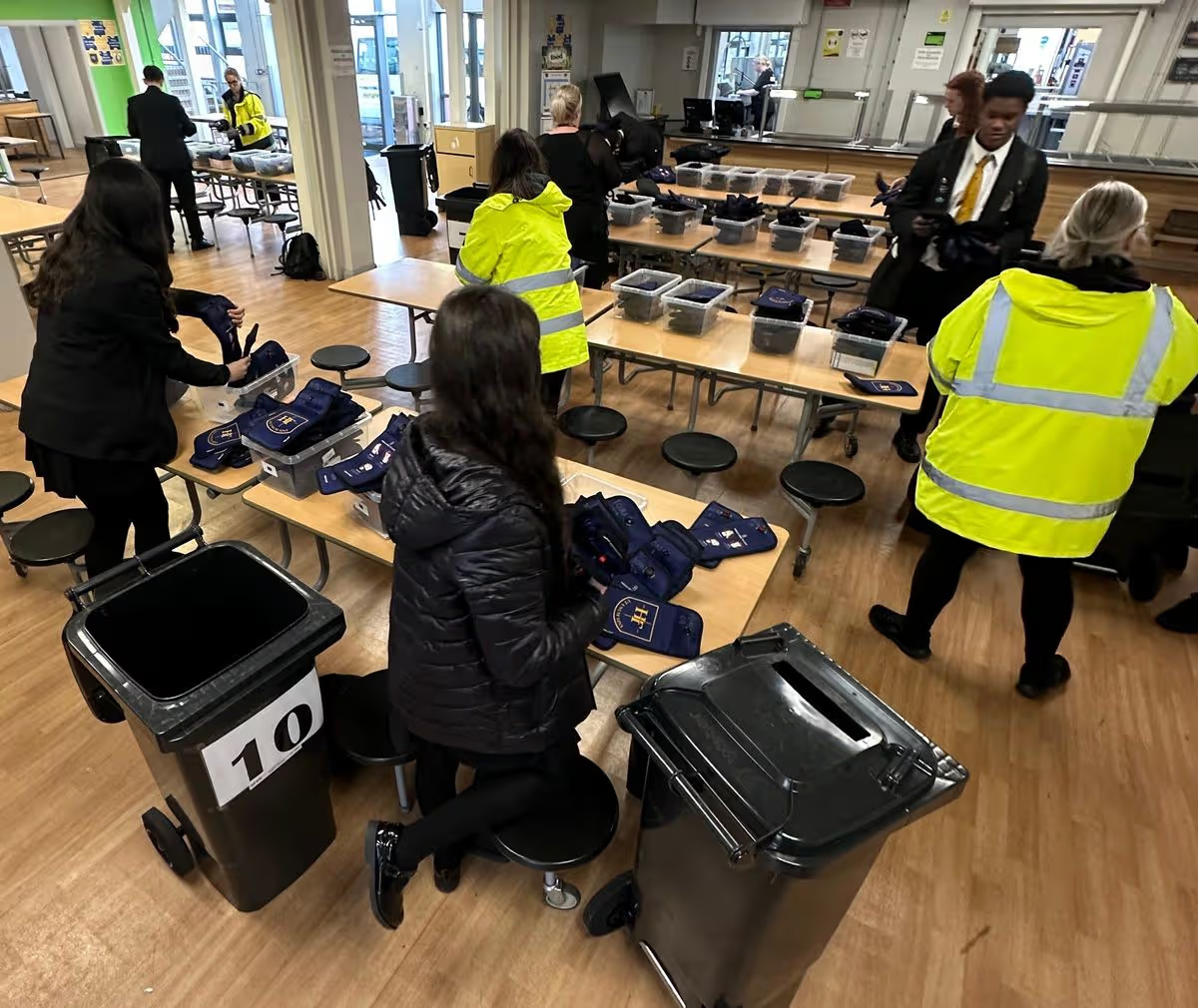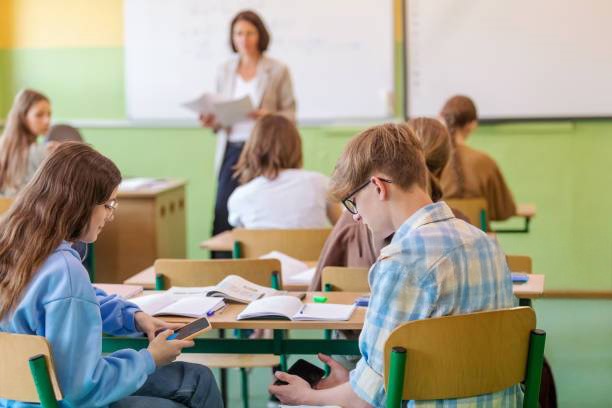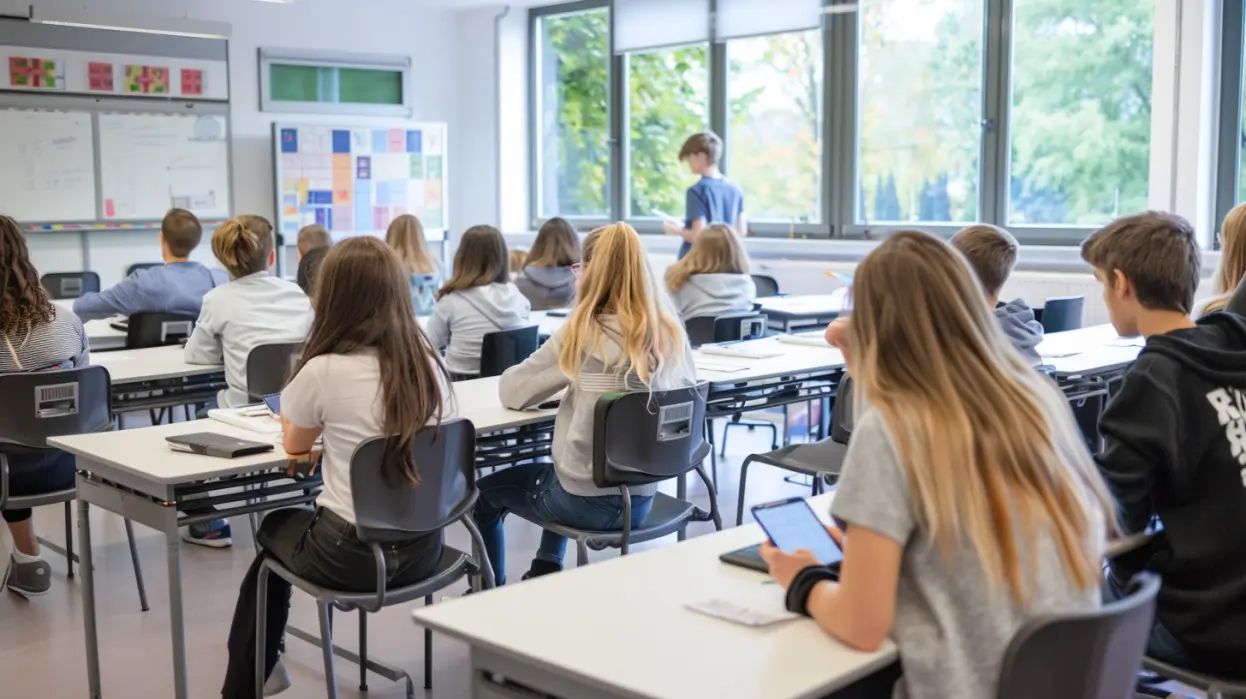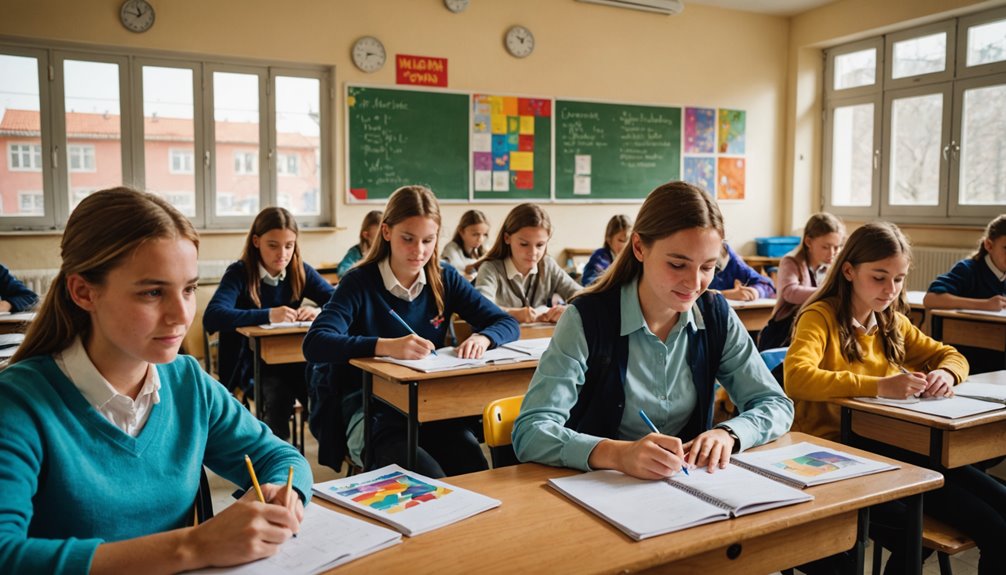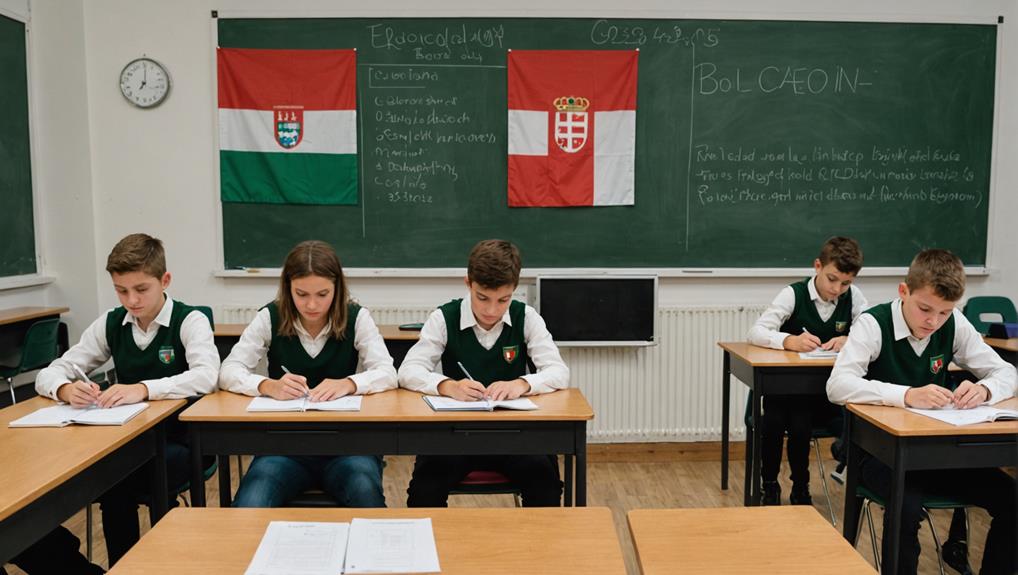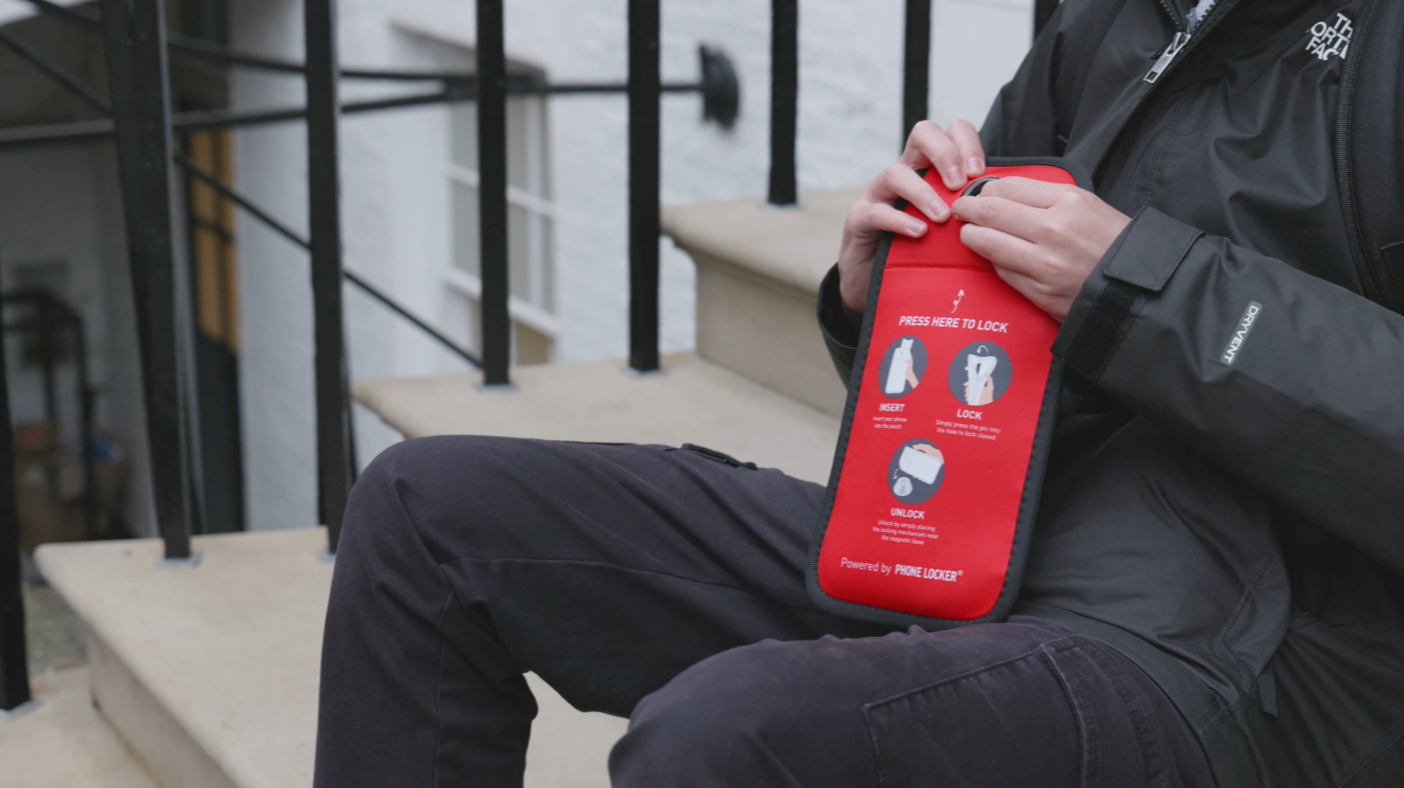Mobile Phone Restrictions in Spanish Schools
Across Europe, schools are increasingly moving to restrict mobile phone use, and Spain is no exception. With students using smartphones more than ever, many educators and parents are expressing concerns about the impact on attention spans, social skills, and the classroom environment. In response, the Spanish government and various regional authorities are implementing mobile phone restrictions in schools to regulate or fully ban mobile phones in schools. These measures aim to foster a more focused, interactive, and healthy learning space.
In Spain, stricter mobile phone policies reflect a broader European trend, with countries like France, Italy, and Germany also reducing classroom distractions. Policies vary across Spain’s regions, with some enforcing bans and others leaving decisions to schools. Regardless of the approach, the goal is to minimize distractions and enhance student engagement.
Key Takeaways
- Spain has implemented a total ban on mobile phones in preschools and primary schools to enhance student focus and minimize distractions.
- Regions like Madrid, Galicia, and Andalucia have adopted strict mobile phone restrictions, while others like the Basque Country allow school-level policies.
- The restrictions aim to improve academic integrity, reduce cheating, and create a better classroom environment.
- Public opinion is mixed, with support for bans to reduce distractions and concerns about communication access for parents and students.
- Lockable phone pouches are suggested as a practical solution to manage phone use while promoting responsibility among students.
Spain’s Growing Restrictions on Mobile Phones in Schools
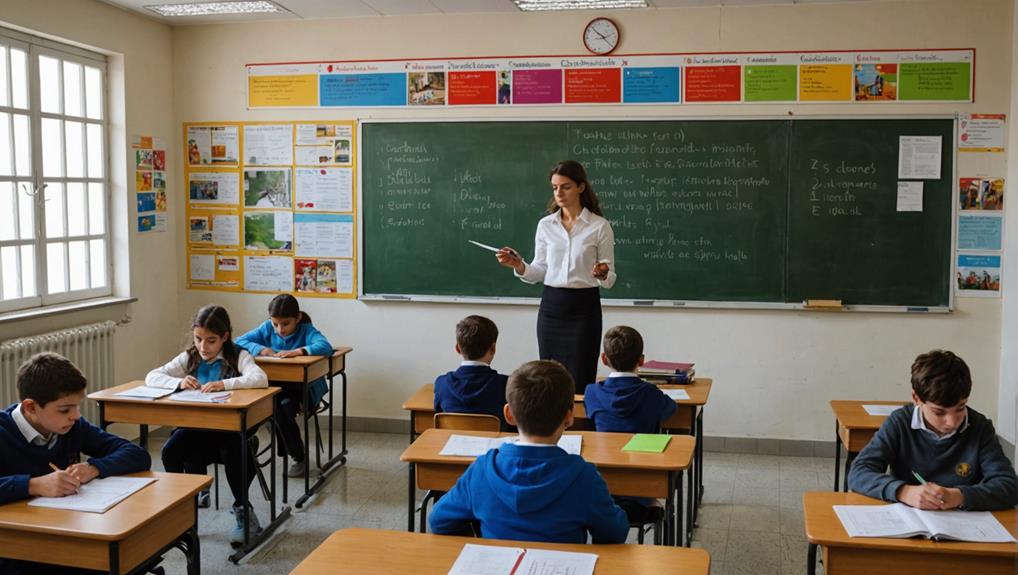
In recent years, Spain has ramped up its restrictions on mobile phone use in schools, reflecting a growing consensus among educators and policymakers about the need to minimize distractions in the classroom. The State School Council has taken a decisive step by approving a proposal that enforces a total ban on mobile phones in preschools and primary schools, while instituting limitations for secondary education. This initiative aims to address concerns over declining academic performance, as highlighted by the latest PISA report.
Regions such as Madrid, Galicia, Castilla-La Mancha, Andalusia, and Extremadura have already implemented these restrictions. The Council’s regulations encourage schools to keep devices switched off during breaks, although some exceptions are made for educational purposes. This approach allows schools the flexibility to tailor their policies based on specific educational needs.
The overarching goal of these measures is to foster an environment conducive to learning, where students can engage more fully without the interruptions caused by mobile devices. By reducing the prevalence of distractions, the Spanish education system aims to enhance student focus and improve academic outcomes, paving the way for a more effective and innovative learning experience.
Regional Differences in Spainish School Mobile Phone Restrictions
Variations in mobile phone restrictions among Spanish schools reveal a detailed landscape shaped by regional policies and educational philosophies. In regions like Catalonia, schools are increasingly adopting stringent measures, with a significant percentage planning to enforce stricter regulations due to concerns over distractions and academic integrity.
Conversely, areas such as the Basque Country allow individual schools the discretion to set their own mobile phone policies, leading to a diverse array of practices.
Castilla-La Mancha and Galicia have opted for partial bans, targeting personal phone use while permitting educational use under specific conditions. Meanwhile, the Community of Madrid has implemented a thorough ban in public and concertado schools since 2020, aiming to enhance focus and discipline during instructional time.
Private schools in Madrid can develop their own policies, leading to varied approaches within the region. This reflects local educational priorities and societal views on technology in education, emphasizing the need for research-driven, context-sensitive solutions for mobile phone use in schools.
Autonomous Communities with Existing Bans
Several autonomous communities in Spain have enacted existing bans on mobile phone use in schools, including Andalucía, Murcia, Valencia, and the Community of Madrid. These regulations aim to minimize distractions and enhance the educational environment for students.
Each region has implemented specific guidelines tailored to address the unique needs of their educational institutions.
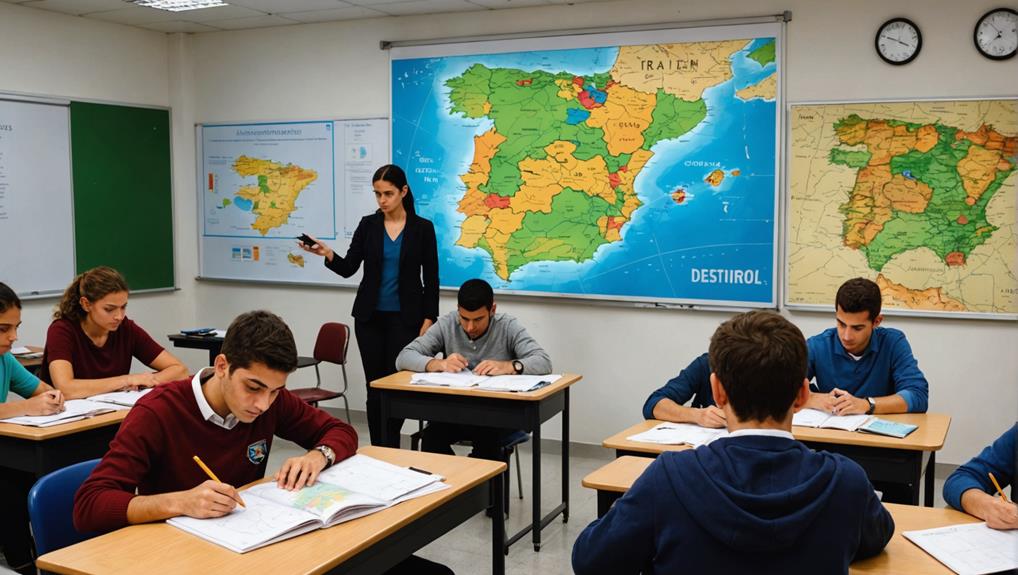
Andalucia
The implementation of mobile phone bans in Andalucia signifies a commitment to enhancing educational environments by minimizing distractions. Under the new regulations, mobile phones are generally prohibited in schools, with allowances made only for educational purposes or legal necessity. This policy mandates that students must justify their phone usage, compelling a more thoughtful approach to technology in the classroom.
The enforcement of these rules is strict; senior staff members are authorized to confiscate phones after issuing warnings, with confiscated devices stored in the headteacher’s office. This initiative, announced by Andalucian President Juanma Moreno, applies to all publicly funded schools, including select private institutions.
While the ban aims to foster a focused learning atmosphere, it requires students to adapt to new restrictions, which may impact educational activities.
The psychological maturity of students is also taken into account, ensuring that phone usage is permitted with proper justification. Importantly, students’ legal representatives have the right to retrieve confiscated phones, reinforcing the importance of accountability within this educational framework.
Murcia
Following the strict mobile phone regulations implemented in Andalucia, the Murcia region is now set to enforce a thorough ban on mobile phone usage in schools. This ban will take effect after the Christmas break and will apply to all educational levels, from Junior School to high school and vocational training programs.
The regulations stipulate that while students may carry their phones in backpacks, they must remain switched off or in airplane mode. Phones are not to be accessed or used for personal or recreational purposes within school premises, except when specifically required by teachers for educational tasks. The ban encompasses all educational institutions, excluding non-regulated language schools and specialized institutions.
Key points of the new policy include:
- Prohibition of mobile phone use during breaks and lunchtime.
- Emphasis on maintaining a tech-free environment.
- Encouragement of focused learning without distractions.
- Exceptions for educational purposes guided by teachers.
- Alignment with broader trends in mobile phone bans across Spain.
This initiative aims to enhance student engagement and reduce distractions, ultimately fostering a more conducive learning atmosphere in Murcia’s schools.
Valencia
In the Valencian Community, a blanket ban on mobile phone usage in schools is set to take effect on Monday, targeting both public and subsidized educational institutions. This regulation is designed to mitigate distractions and enhance the learning environment for students. Under the new policy, mobile phones must be turned off during school hours, with exceptions permitted solely for educational purposes or health-related reasons.
The initiative reflects a growing concern regarding the impact of unsupervised phone use on students’ learning outcomes. Statistics indicate that a notable percentage of children in the region engage in excessive recreational phone usage, with 8% of 8- to 9-year-olds spending three hours daily on their devices.
The Education Minister has emphasized the importance of promoting responsible internet use and has entrusted individual schools with the authority to determine appropriate punishments for policy violations.
Community of Madrid
The Community of Madrid has a law from 2020 that bans mobile phones in all public and concertado schools. Private schools, however, can set their own policies, leading to varying restrictions.
To guarantee effective implementation of this ban, several guidelines have been adopted across schools in Madrid:
- Designated Usage Areas: Specific locations where mobile phone usage is permitted to minimize classroom disruptions.
- Educational Workshops: Initiatives to educate students about responsible phone use, online safety, and potential consequences of misuse.
- Locker Storage: Requirements for students to store their phones in lockers, reducing the temptation to check devices during class.
- Monitoring Software: Technologies that track and limit mobile phone usage, blocking access to certain applications during school hours.
- Consequences for Misuse: Enforcement of disciplinary actions for violations, including warnings and temporary confiscation.
Fostering responsible mobile phone use requires collaboration between parents and schools to help students understand the importance of focus in education.
Reasons Behind the Restrictions
Why have many Spanish schools opted for stricter mobile phone restrictions?
The primary motivations behind these regulations stem from concerns about student distraction, academic integrity, and overall classroom environment. Research indicates that mobile phones can detract significantly from students’ focus, with reports suggesting it may take up to 20 minutes for students to regain concentration after being distracted by their devices.
Additionally, the prevalence of cheating during assessments has prompted schools to enforce bans in an effort to uphold academic standards. Furthermore, privacy violations associated with mobile phone usage cannot be overlooked. Instances of unauthorized sharing of information and images have raised alarms among educators and parents alike.
Regions like Catalonia and Castilla-La Mancha have taken action, with many schools restricting or banning mobile phone use during school hours. Educators argue that classrooms should prioritize face-to-face interactions and active learning.
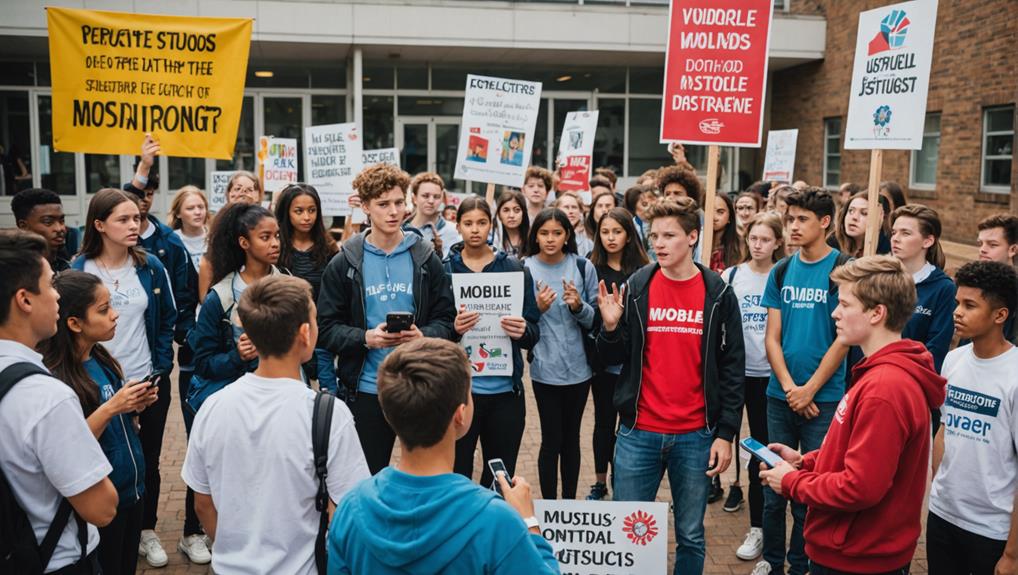
Public Reactions and Opinions
The implementation of stricter mobile phone restrictions in Spanish schools has sparked a variety of public reactions and opinions. Educators, parents, and students alike have voiced their thoughts on the matter, leading to a rich dialogue surrounding the role of technology in education.
Key opinions include:
- Support for Bans: Many argue that mobile phones distract students and hinder academic performance.
- Concerns about Communication: Some parents express worry that restricting phone use limits emergency communication channels.
- Calls for Balanced Policies: A segment advocates for clear guidelines that allow responsible phone use while mitigating distractions.
- Equity Issues: Critics highlight that not all students have equal access to technology, raising concerns about fairness in learning opportunities.
- Focus on Engagement: Proponents of the ban report improvements in student focus and participation during lessons, attributing this to reduced phone use.
Lockable Phone Pouches as a Solution
Implementing lockable phone pouches in educational settings offers a practical solution to the challenges posed by mobile phone distractions. These pouches can support schools in their efforts to maintain focus and enhance the learning environment. By securely storing devices during class hours, they minimize interruptions and promote better concentration among students.
The table below illustrates key benefits of using lockable phone pouches:
| Feature | Benefits for Students | Benefits for Schools |
|---|---|---|
| Secure Storage | Reduces distractions | Enhances classroom discipline |
| Versatile Design | Fits various phone sizes | Accommodates all students |
| Easy Access Management | Streamlines phone retrieval | Simplifies enforcement of rules |
| Promotes Responsibility | Encourages self-regulation | Fosters a focused learning environment |

Frequently Asked Questions
Mobile phone bans can enhance students’ academic performance by reducing distractions, fostering engagement, and promoting focus. Such policies encourage a disciplined learning environment, allowing students to concentrate better on their studies and improve overall educational outcomes.
Exceptions to mobile phone bans for emergencies typically exist, allowing students to communicate urgent matters to family. Schools often establish guidelines to balance safety with the need for minimizing distractions during educational activities.
Schools often use alternatives to mobile phones, such as designated learning areas, workshops, and laptops, to foster engagement, minimize distractions, and promote responsible tech use.
Parents exhibit mixed feelings regarding mobile phone restrictions; some support enhanced focus and discipline, while others express concern over communication during emergencies. Overall, many advocate for balanced policies promoting responsible usage without compromising accessibility to technology.
Teachers receive training on implementing mobile phone policies, focusing on classroom management techniques and fostering responsible technology use. This preparation aims to guarantee effective execution, minimize distractions, and enhance the overall educational environment for students.
Conclusion
In Spanish schools, mobile phone restrictions act as a barrier against modern distractions, protecting the integrity of learning environments. By promoting focus, schools aim to nurture scholars free from the pull of digital devices. Ultimately, this initiative embodies a commitment to cultivating knowledge amidst the ever-shifting tides of innovation.


